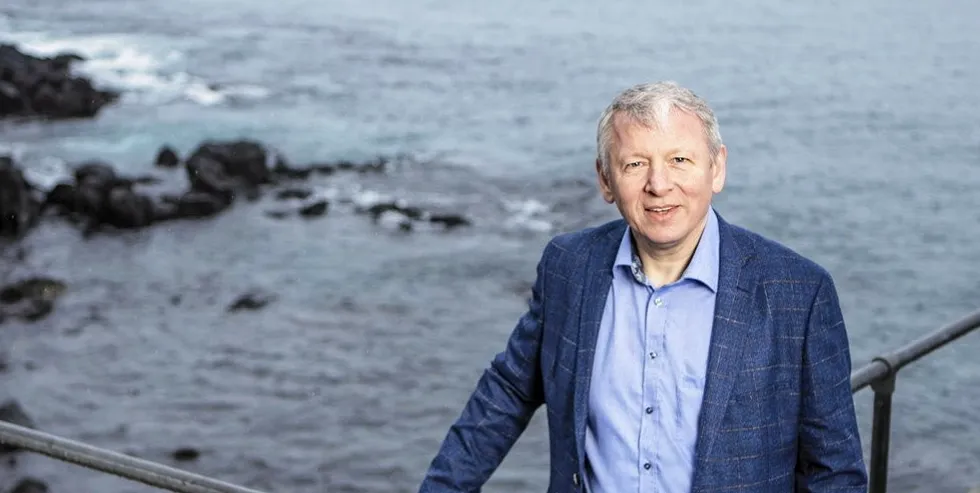Faroe Islands sets its own pelagic quotas despite ongoing discussions with Coastal States
The Faroes now joins the EU, UK, and Norway in setting Atlanto-Scandian herring quotas, and the UK and Norway in setting blue whiting quotas despite the continuing discussions.
